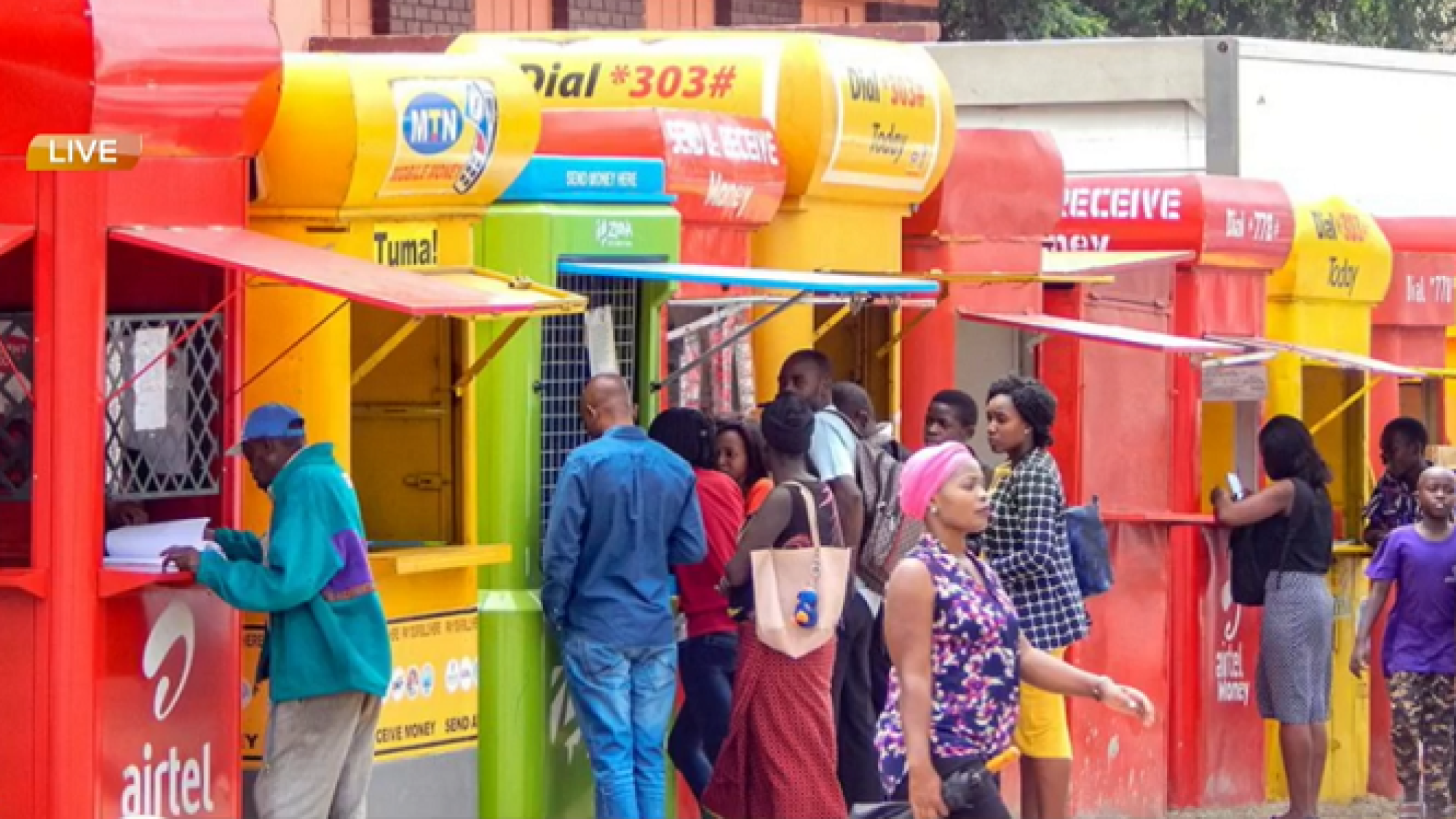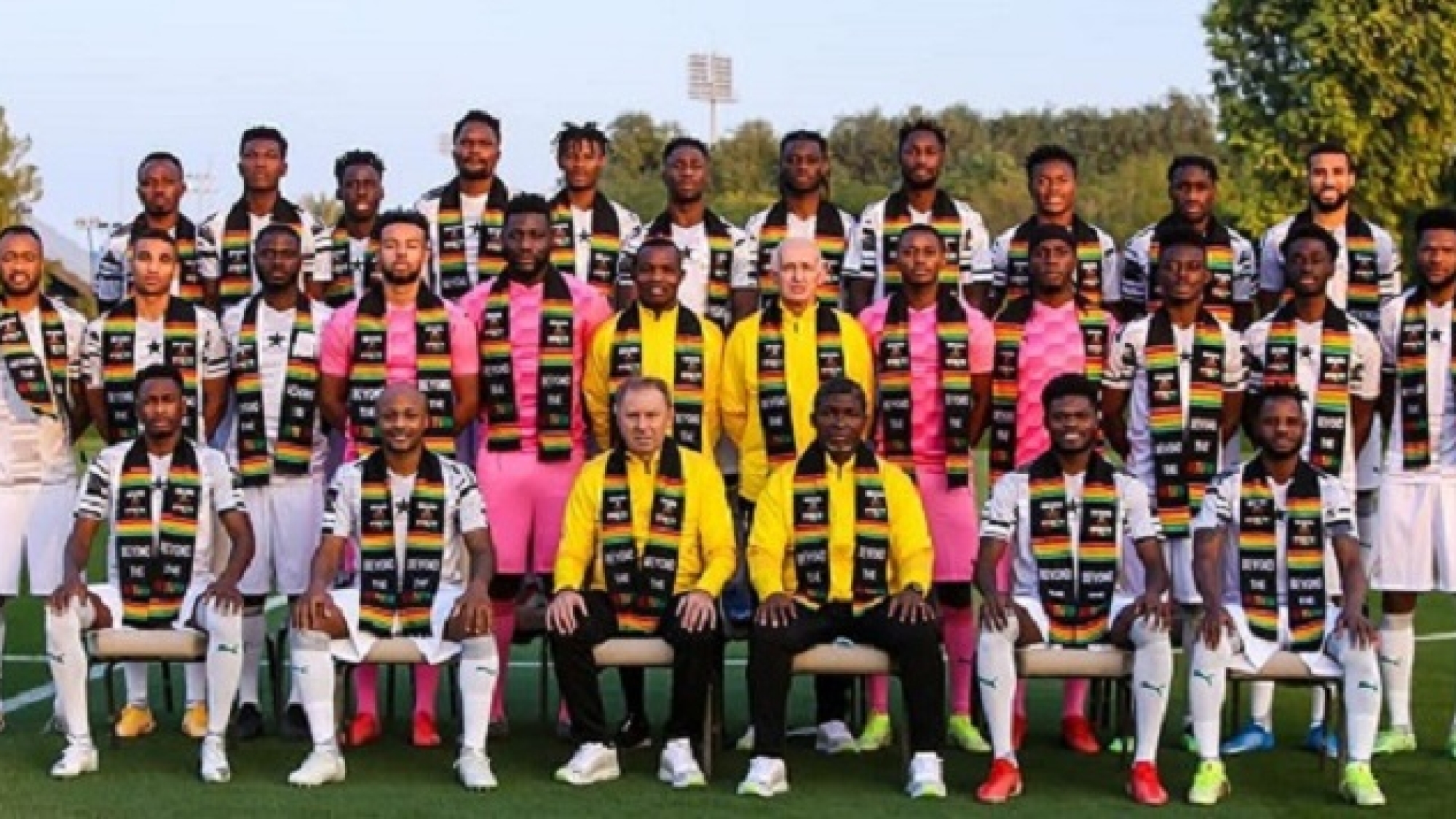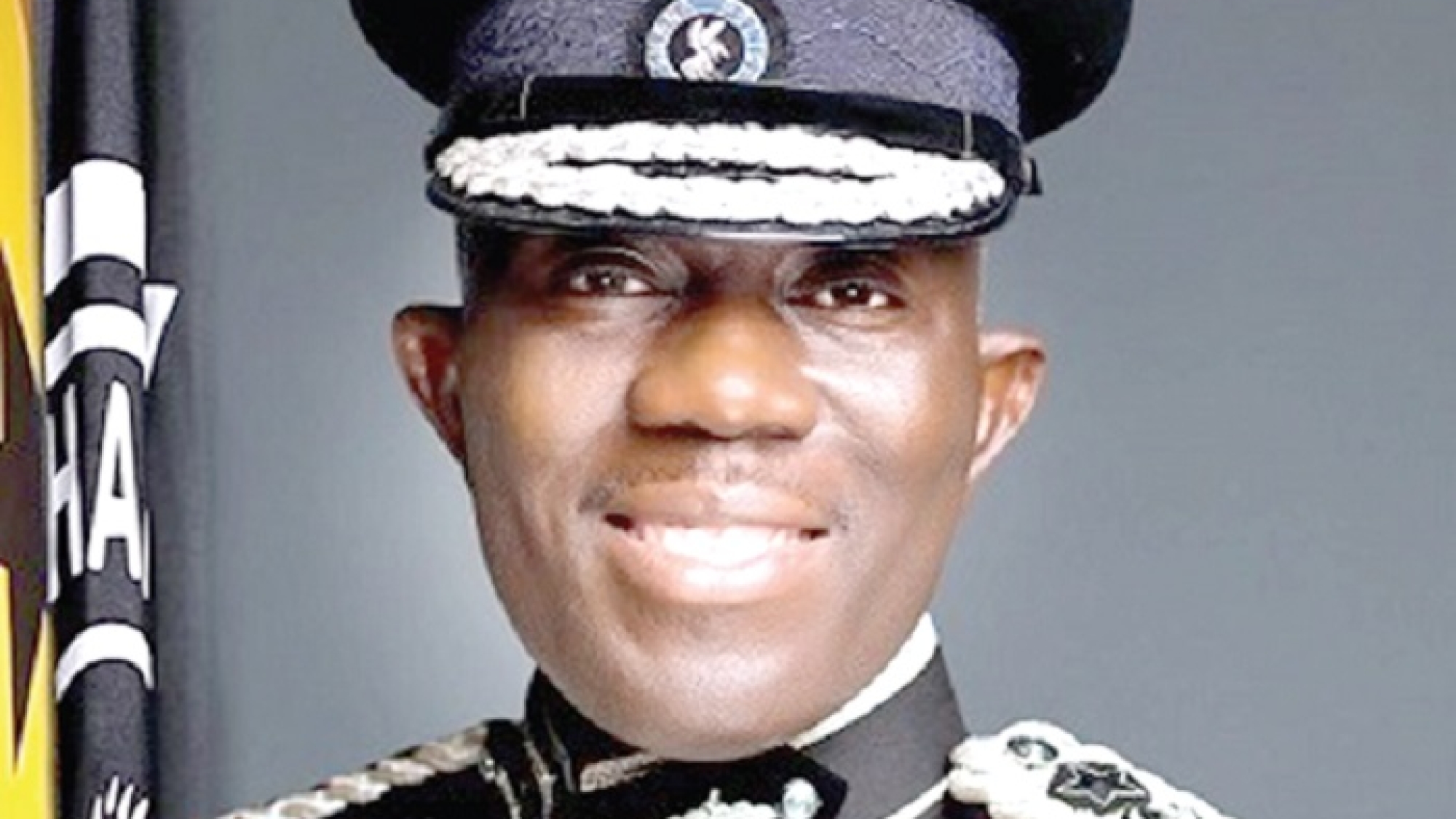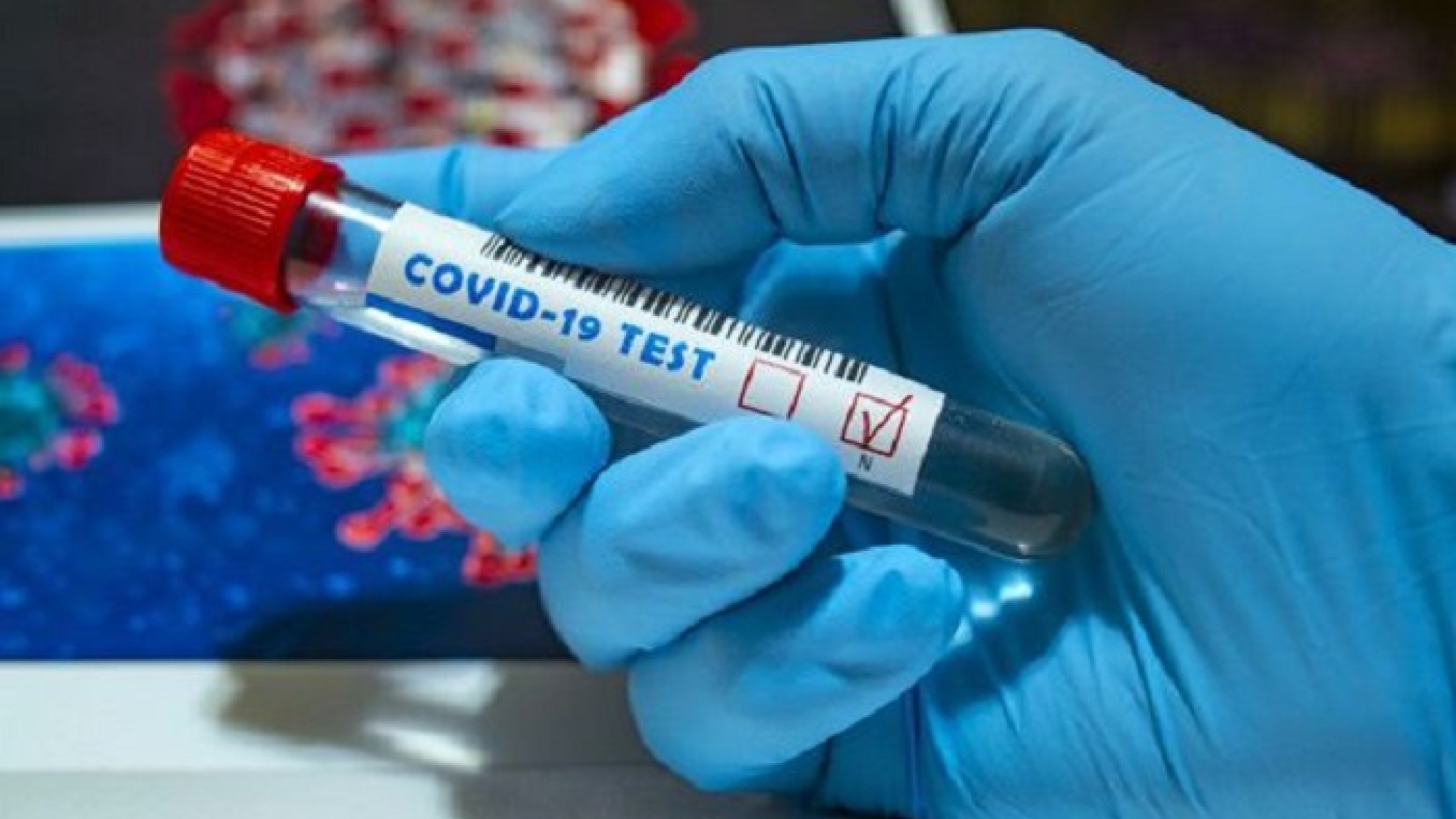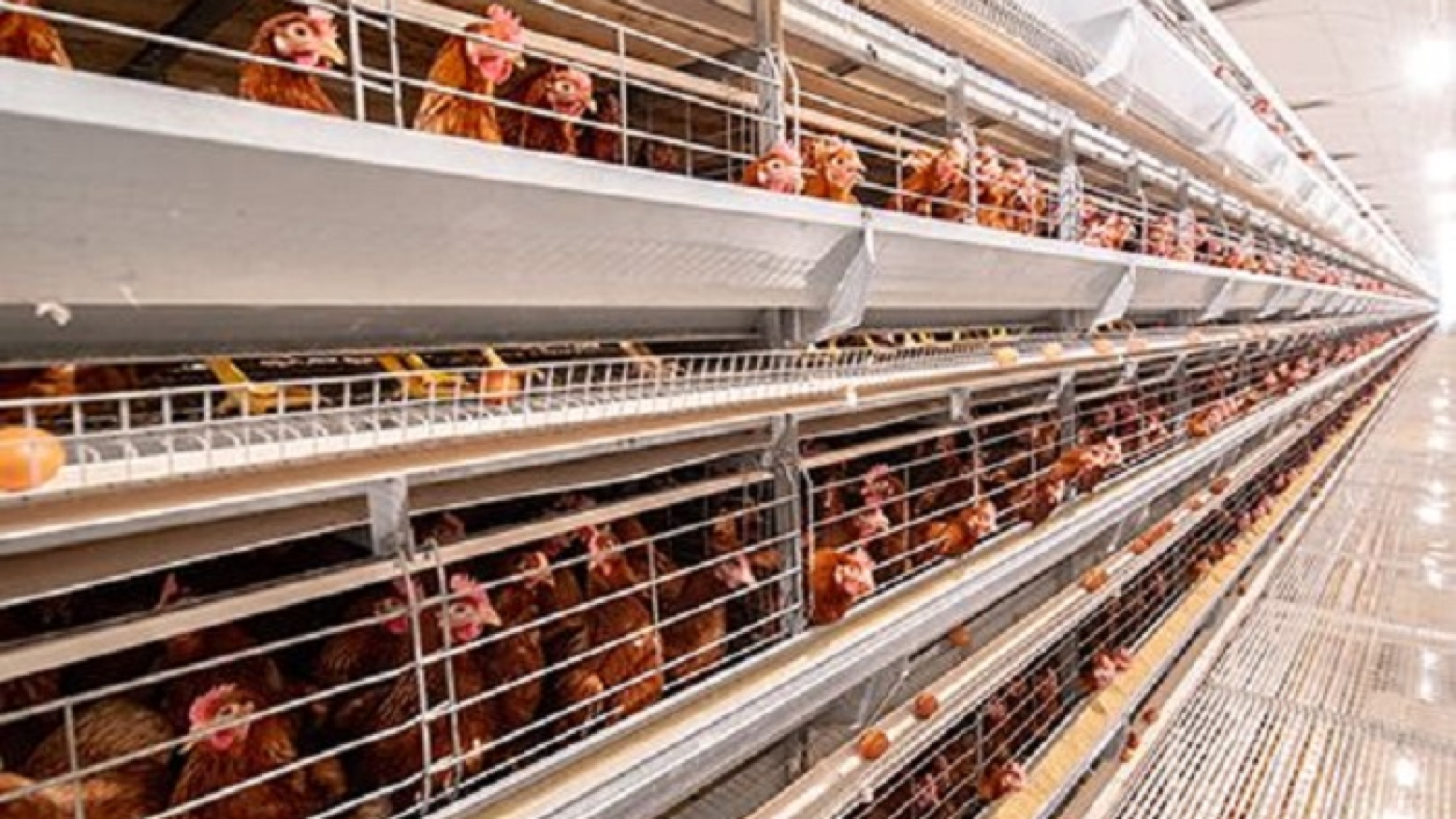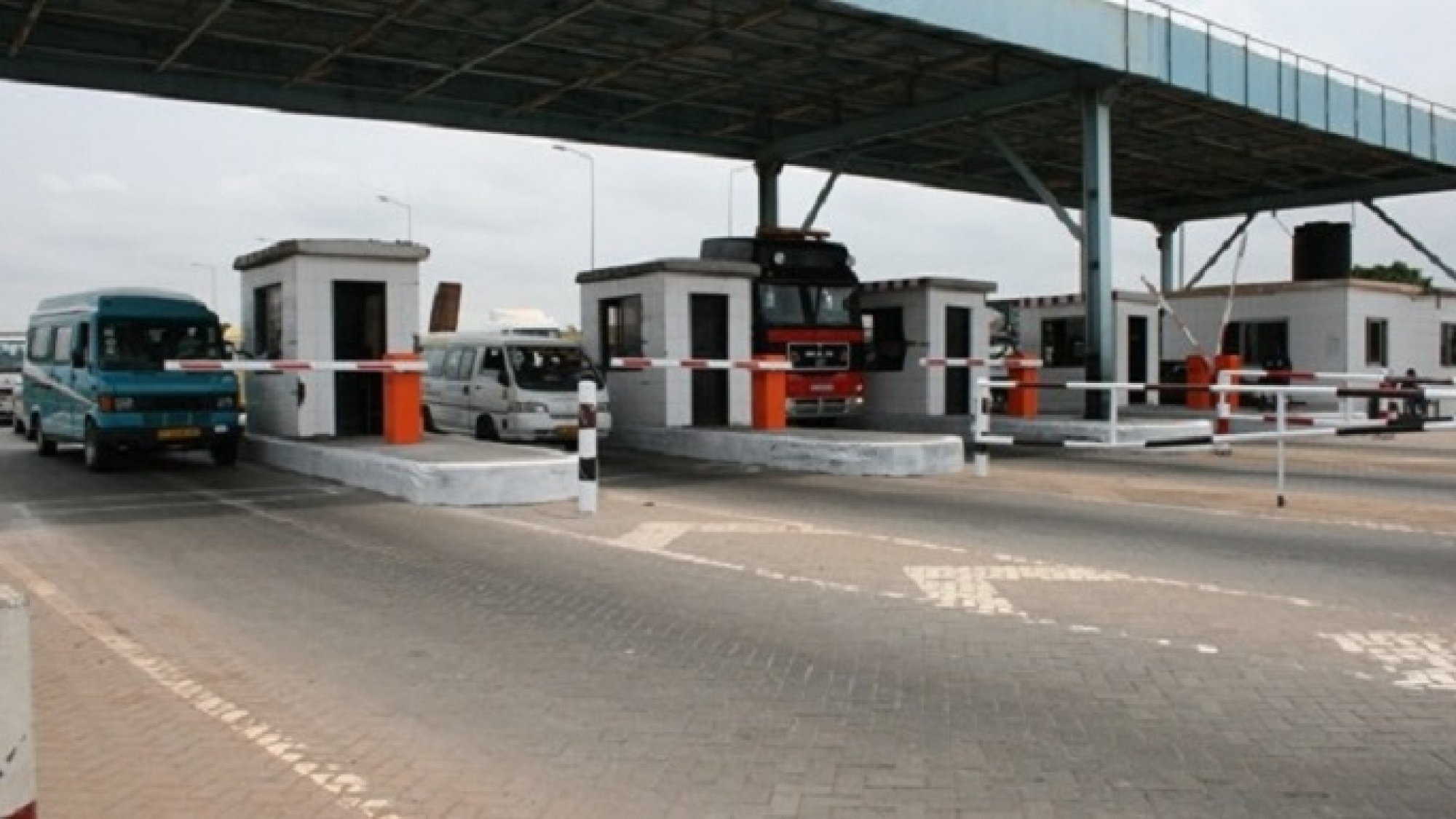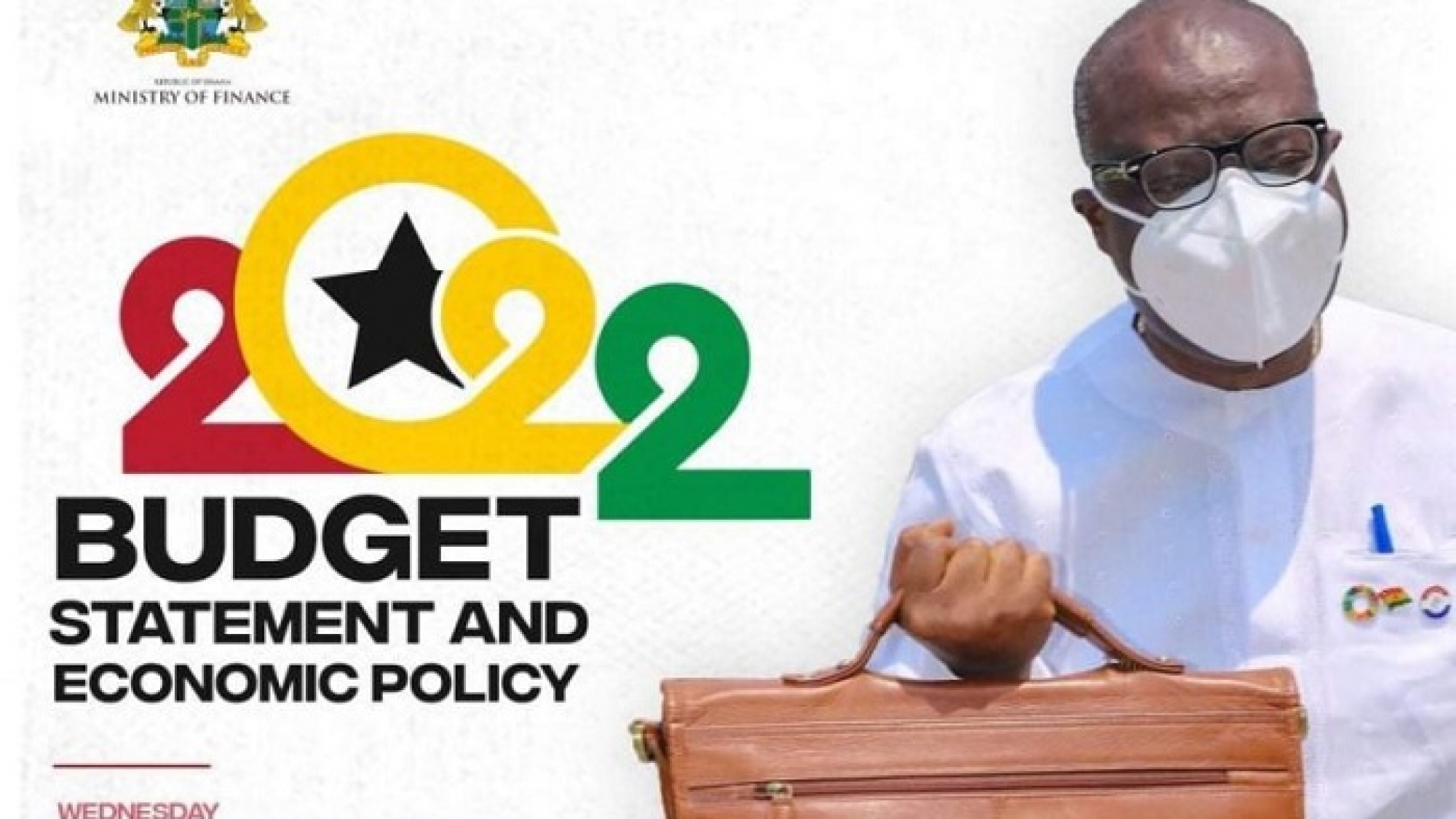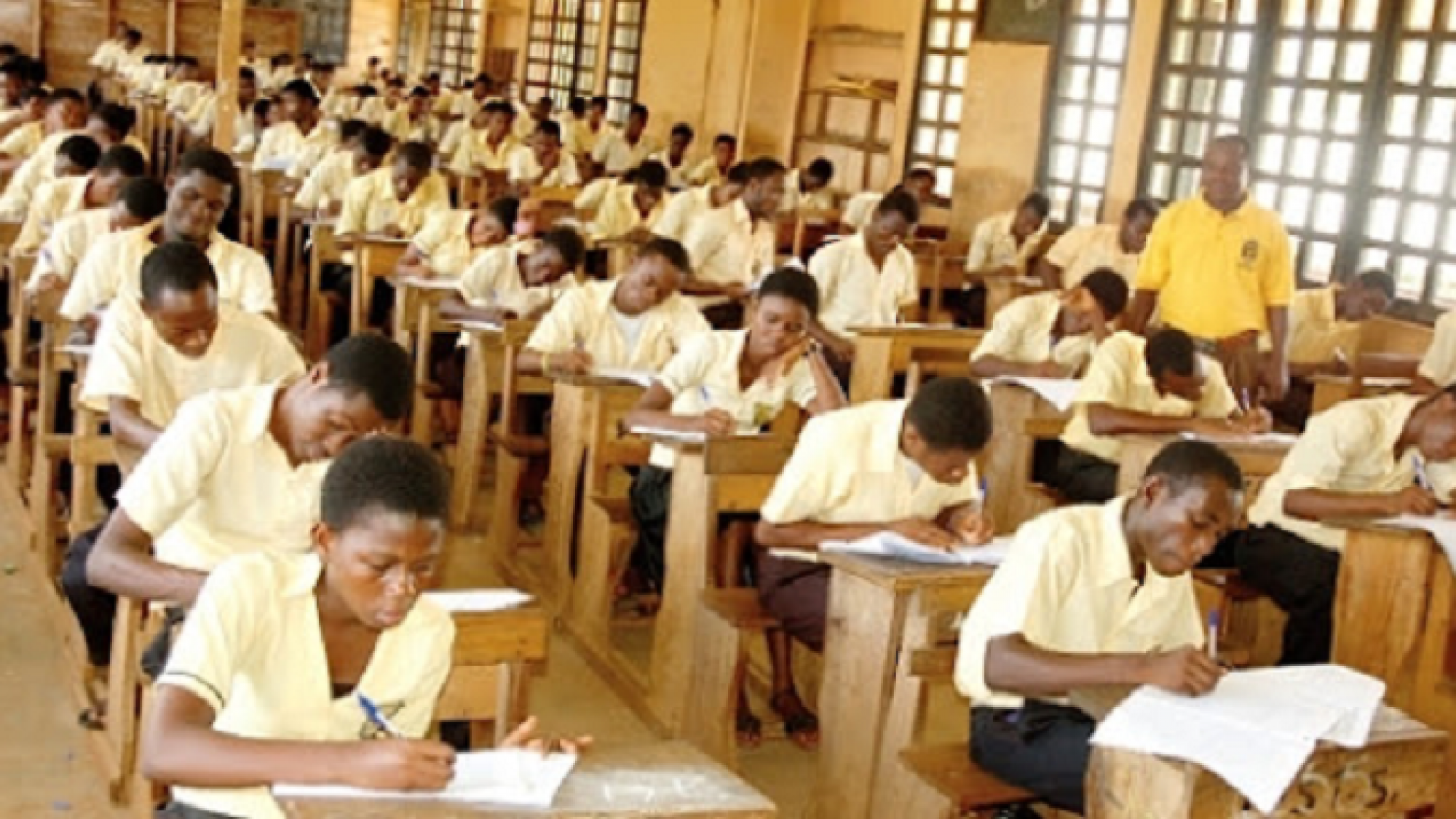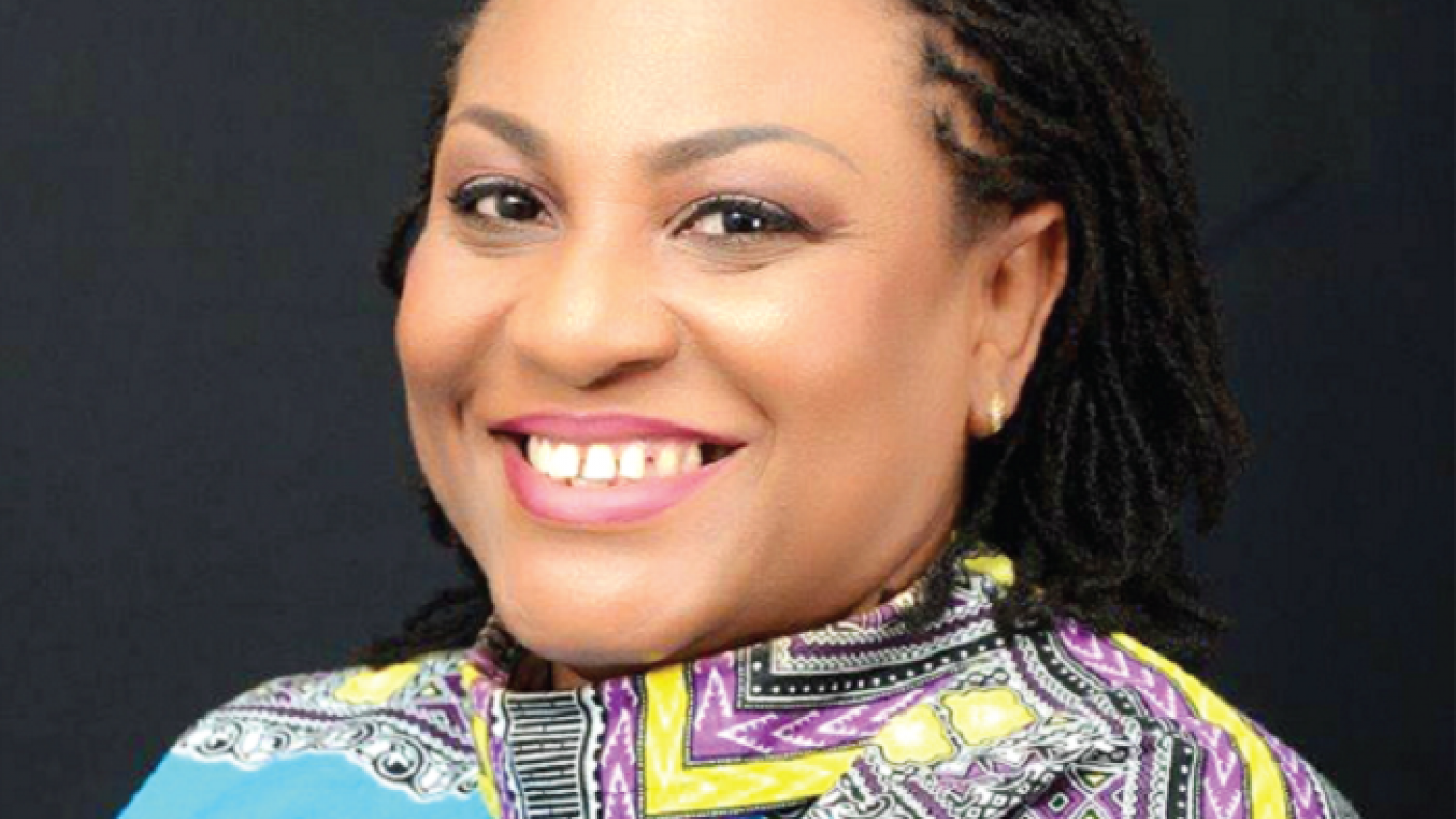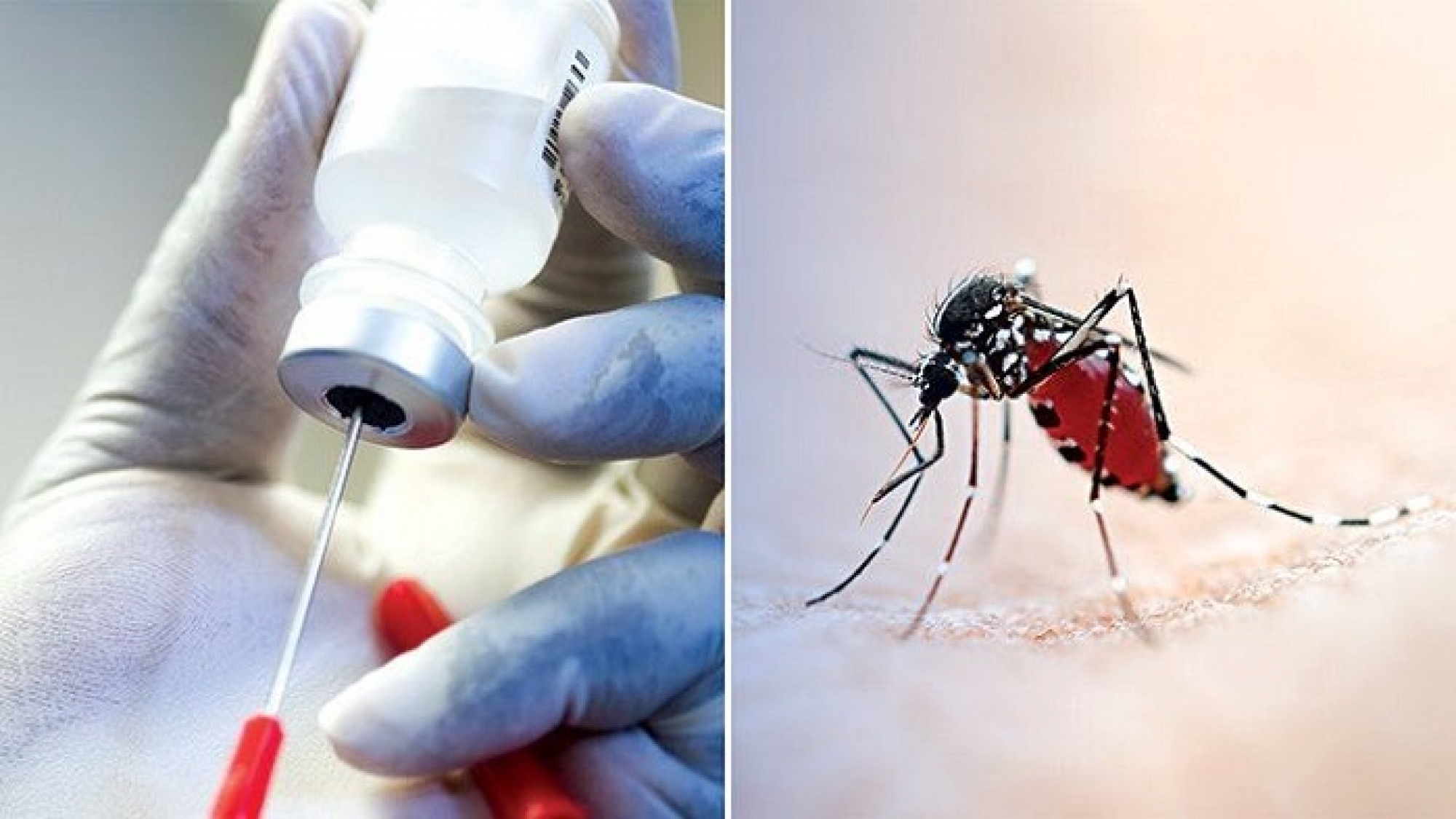The mobile telecommunications companies have ramped up technical logistics to improve their services towards the ongoing SIM card registration exercise.
As part of the improved logistics, the mobile network operators (MNOs) will, from today, use an updated version of the app being used for the registration, increase the number of smart phones being used for the exercise and increase the number of registration centres to include distributors, all retail outlets, as well as some selected agents.
The Chief Executive Officer of the Ghana Telecommunications Chamber, Dr. Ken Ashigbey, said those interventions were part of efforts to make the exercise more efficient and convenient for subscribers.
In an interview with the Daily Graphic, Dr. Ashigbey said: “Last Thursday, an updated version of the app being used was released to the MNOs, and from today we hope to see improved services, particularly the time of process, as the app, which was quite slow and created all the delay, has been updated; hopefully, it should work better.”
Challenge
Since the directive was given for the re-registration of SIM cards from October 2021 to March 2022, subscribers have complained about various challenges as they go through the process.
The issue has been compounded by long queues at the various registration points, a situation that has attracted concern as possible areas for the spread of the coronavirus disease (COVID-19) pandemic.
While admitting that there had been a technical challenge with the app being used, Dr. Ashigbey said the problem had been compounded by the failure of subscribers to complete the first phase of the registration by linking their mobile phone numbers to their Ghana cards, which is a can-do-it process on their phones.
“One of the causes of the situation we have experienced at the various registration points is the fact that many people show up not having completed the first phase of the exercise by linking their cards to their numbers.
“That, together with the verification and the second phase of the exercise, takes time, and with the initial challenge of the app being slow, the unfortunate situation has been created,” he added.
Solution
To improve the situation, Dr. Ashigbey said the MNOs, in particular, had assessed the situation, and having realised the main challenge and after discussions with the other stakeholders, mainly the Ministry of Communications and Digitalisation and the National Communications Authority (NCA), it was agreed that the app being used be updated.
“So last Thursday, January 6, the telcos took delivery of an updated version of the app, and because it works on only smart phones, they have also increased the number of smart phones, consequently, while the registration points have also been increased to include distributors, retail shops and the agents.
“Like most technological apps on mobile devices, the re-registration app works only on smart phones, so that has been factored into plans to make the exercise more efficient,” he explained.
He further indicated that a decision had been taken to bring the service to the doorstep of subscribers to prevent the aggregation of people at the offices of the telcos.
“So, for instance, we are planning to get the service to organisations and companies with large numbers, such as churches, mosques and marketplaces on market days.
“This means that in the convenience of their activities, subscribers can go through the process without having to leave their work and wait for hours in long queues to be served.
“However, to be served, subscribers should have first gone through the first phase by dialing *404# to link their SIM cards to their Ghana card.
Source: Graphic.com.gh





